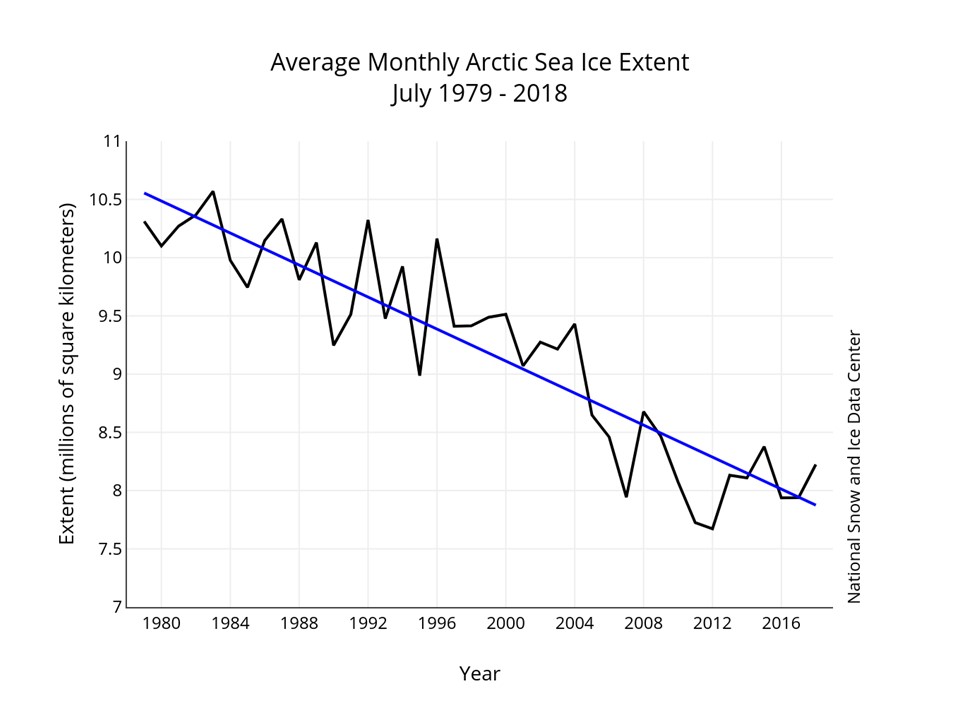Fascinating article in the Atlantic. Decades of research on predictions (much of it by Philip Tetlock) have shown that credentialed authorities are "comically bad" at predicting the future, especially in their areas of expertise and this phenomenon holds for just about every field evaluated (economics, technology, politics, geopolitics, etc.). But the article goes on to show that reliable forecasting of the future is possible, but that it's usually made by "curious generalists" rather than deep subject matter experts. Worth a read.
https://www.theatlantic.com/magazin...hcIva5W9Ml7glICsUDrCUBcMEFJN4Kc3FIdhq2pwn8_2k
This article also makes a lecture I just attended make much more sense to me. The lecture was by John Warner, the "father" of Green Chemistry (he wrote the seminal text on green chemistry, i.e., waste-and-environmental-impact-sparing chemistry) and founder of the incredibly productive "invention house," Warner-Babcock. His comments were similar to what Tetlock found with experts and predictions.
Warner commented that when putting together teams to invent a new chemical product, which is "green," he makes sure he has some team members who aren't experts in the particular discipline (e.g., if they're working on a new biocatalysis product, he will include a physicist and an inorganic chemist on the team, along with, of course, some experts in biocatalysis), as he finds they often bring a more open, questioning perspective to discovery than world experts in a discipline. This has led them to more breakthrough discoveries than if they had followed the "usual" R&D mindset of having "experts" be the only technical team members, since they often don't "think outside the box" enough when trying to develop innovative products.
https://www.warnerbabcock.com/
https://www.theatlantic.com/magazin...hcIva5W9Ml7glICsUDrCUBcMEFJN4Kc3FIdhq2pwn8_2k
This article also makes a lecture I just attended make much more sense to me. The lecture was by John Warner, the "father" of Green Chemistry (he wrote the seminal text on green chemistry, i.e., waste-and-environmental-impact-sparing chemistry) and founder of the incredibly productive "invention house," Warner-Babcock. His comments were similar to what Tetlock found with experts and predictions.
Warner commented that when putting together teams to invent a new chemical product, which is "green," he makes sure he has some team members who aren't experts in the particular discipline (e.g., if they're working on a new biocatalysis product, he will include a physicist and an inorganic chemist on the team, along with, of course, some experts in biocatalysis), as he finds they often bring a more open, questioning perspective to discovery than world experts in a discipline. This has led them to more breakthrough discoveries than if they had followed the "usual" R&D mindset of having "experts" be the only technical team members, since they often don't "think outside the box" enough when trying to develop innovative products.
https://www.warnerbabcock.com/


